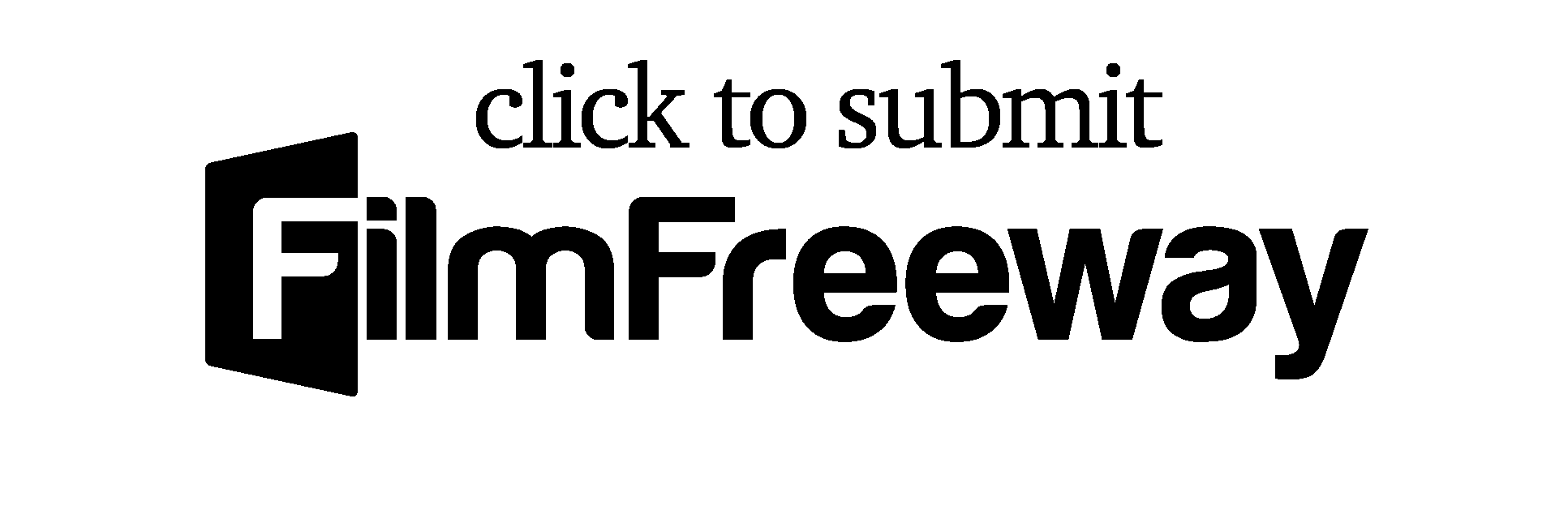JUDGMENT PROCESS
For us, every film is a work of Art. All films submitted to Short Encounters International Film Festival are judged upon their aesthetic and cultural value, quality of narrative, their unique vision and, last but not least, their technical quality and overall production merits. All films are judged on an equal level, regardless of budget constraints.
Submissions are scored based on criteria including quality of screenplay (story, dialogues etc), acting, originality, cinematography, editing, location/s used, production quality, technical proficiency, sound and set design. The highest rated entries are nominated for the awards of the respective categories.
At SEIFF we acknowledge the fact that a talented, hard working and patient creator can achieve wonders with his creativity and originality despite production limitations. We know that independent filmmakers, especially low-budget ones, must work differently, set different priorities and use special strategies if they are to convert initial handicaps into advantages. At SEIFF we do not sacrifice creativity and artistic purpose at the altar of technical thoroughness. We do not idealize production design over superb dramaturgy. I think you would agree with me when asking what is the point in spending a load of money, working with the best equipment on the market, ending up producing a meaningless, unbearable mediocrity, with nothing to say and nothing to offer?
As Rabiger tells us, “Short films require their makers to conquer the full range of production, authorship, and stylistic problems poetically and in a small compass. The economy lies in shooting costs and editing time, not in brainwork, for you must still establish characters, time, place, and dramatic situation and set tight limits on the subject.” Therefore, we consider production limitations as part of what allows us to judge your authenticity as a filmmaker, your sincerity and talent, and we encourage filmmakers who created their films with a no/low budget to enter their film in our festival.
Don’t get us wrong! By all means we do get astonished by awesome, big budget, cinema productions as much as the next person, as long as, to put it simply, they do have something to say.
At SEIFF we believe that short films provide the necessary foreground for nourishing your style. They provide creative freedom far from client restrictions and/or studio demands, room for experimenting, opportunity to gain confidence, grow and develop your unique voice. They give you the right to fail again and again until you’ll become bold enough to make your own rules and astonish the world with the originality of your art. As Tarkovsky says, “Naturally, a director should fathom all the rules of his profession; still, true artistic creation begins when rules are bent or even broken.”
So! What do you think? Are you bold enough for Short Encounters?








